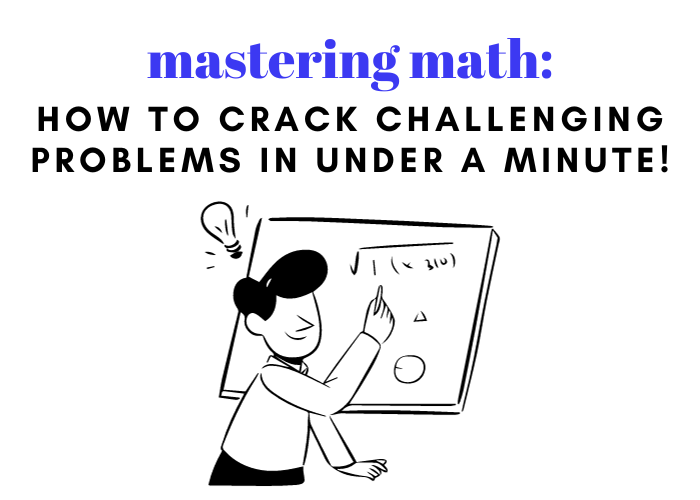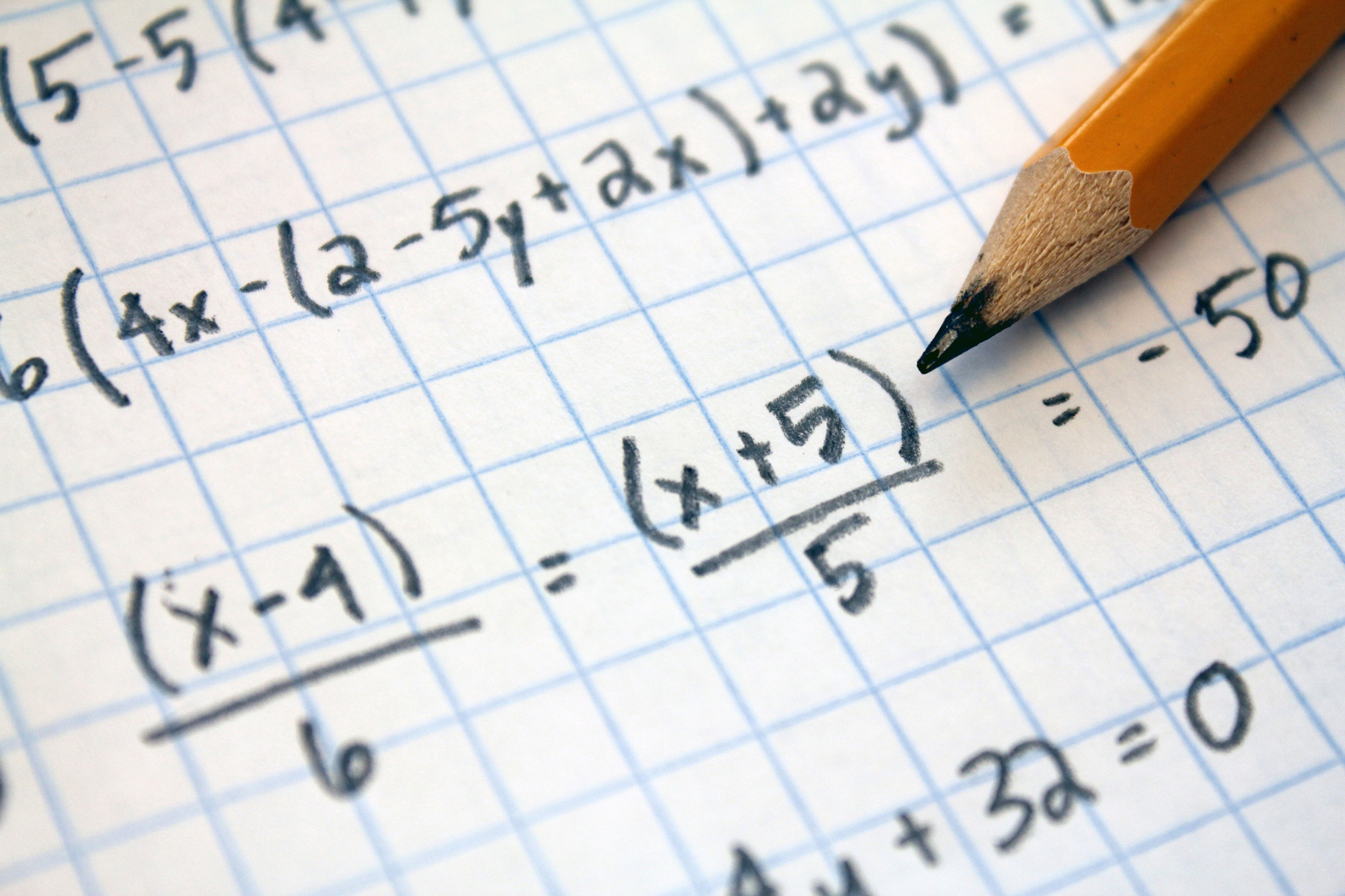

Last Updated on August 3, 2023
Of all the topics you learn in math class, long division and multiplying fractions aren’t exactly the easiest to grasp. These are just a few of the many challenging algebraic lessons students encounter.
Luckily, there are numerous tricks your child can use to get a better handle on solving equations and finding what “x” is. Understanding these tricks will help your child learn algebra quickly and ace their upcoming tests.
Here are 7 tips your child can use when learning algebra.
The one good thing about algebra – and math in general – is that the rules don’t change. No matter how complex a problem may seem, if you know the rules to solve it, you know how to figure out the answer.
But, it’s hard to remember which rules apply to which problems when you’re learning many new things at once.
If your child is having trouble keeping up with the teacher and the rest of the class, a great thing to do is to take time at home to review what was taught that day.
Have your child review the rules or strategies from that day’s lesson and come up with a way to remember them that makes sense. Some kids like to create rhymes for each rule to better remember them later, while others like to use acronyms.
Whatever your child comes up with, they can use the same memory trick to help them remember and recall the steps later on. This will minimize confusion.
Instead of trying to create a bunch of tricks, see if any algebra tricks already exist that others have created. Chances are, there are alternative ways and strategies to solve the same kinds of problems your child is working on. But, it’s up to them to find them!
Take the time to search for learning shortcuts online, then have your child put them into practice. Testing them out is crucial to see whether or not the tricks actually help or not. Keep in mind that your child may need your help to check their work and make sure the shortcuts are right.
The next way to improve algebra skills is to have your child better understand how to use a calculator. Scientific calculators may seem like just a bulky calculator, but they can do a lot! Understanding the different functions and features will help your child work through challenging problems.
There are a few ways of learning the different calculator features. Reading the manual and playing with the calculator to get a good grasp of what it can do is important. Your child can also ask their peers to share some tricks. Or, utilize online resources to learn what other students are doing to solve their algebra problems.
Using a calculator works best if your child first understands the strategies required to solve the problem. As much as a calculator will help with computing the answer, it’s important to first know how to set up the equation and understand how it works.
Maybe what your child needs isn’t help from a calculator or algebra shortcuts, but rather the support of other students who are learning the same material. Encourage your child to join or form a study group. This way the students can help each other with homework and take-home quizzes.
Although they won’t be able to work together during tests, the conversations they have while studying will make them better prepared. A study group also helps your child learn how to do algebra from different perspectives. It’s a place where they can share unique tricks and tools to remember rules, and kindly correct and encourage each other too.
The main benefit of a study group is learning from others. But sometimes, it’s more beneficial to learn from an experienced teacher. Consider hiring a tutor to give your child the one-on-one support to work through algebra concepts and strategies.
This does wonders for your child’s learning process.
Hiring a tutor for your child is like getting them their own personal teacher who instructs at their child’s pace of learning. Tutors are willing to teach and review a concept until they’re sure that your child has mastered it. They’re able to check your child’s work and show them where they’re going wrong – which classmates and computers can’t always do.
Some kids may be timid or afraid to ask their teacher for extra support. Often, they do not want their peers to know that they are struggling to understand that day’s lesson.
Encourage your child to spend extra time talking to their teacher after class or after school. They can utilize the time to ask specific questions about practice problems from class or problems they got wrong on their homework. Your child should learn that it’s important to be honest and share how well they did or didn’t understand the lesson.
Most teachers are more than happy to work one on one with a curious student – and they usually know an alternative method to explain a problem, even if it’s not their go-to teaching style.
Learning algebra fast is not something that happens overnight. It takes time, practice, and a lot of patience. But, it’s definitely possible, especially when your child has a little help along the way.
Don’t let your child beat themselves up if they are struggling. Work with them to get them the help they need to improve their algebra skills.
Click here to get an elite tutor that will get your child the help and support they need to understand and learn algebra!


